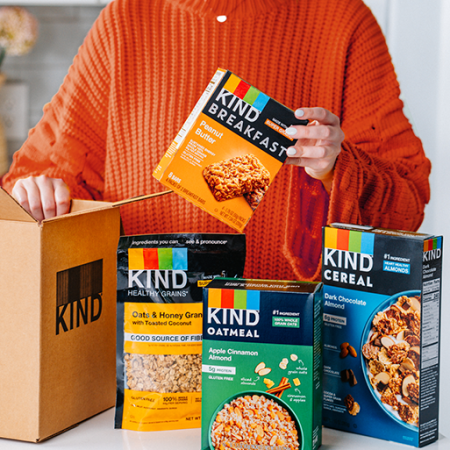Subscribe to KIND! Save 10% and get free shipping on all subscription orders. LEARN MORE
Notify Me

Thank you for your interest!
We will notify you when this product is available.

We will notify you when this product is available.
Subscribe to KIND! Save 10% and get free shipping on all subscription orders. LEARN MORE